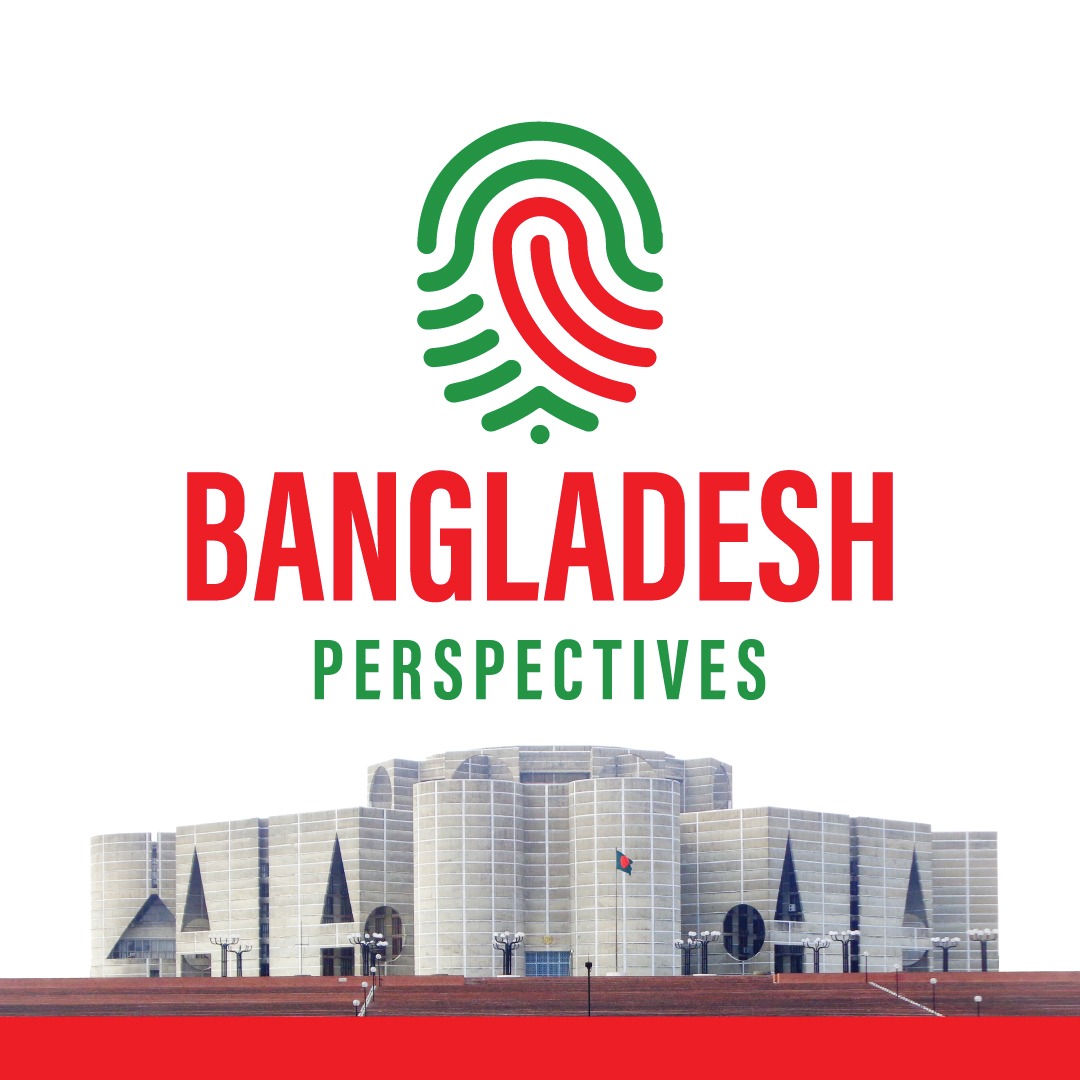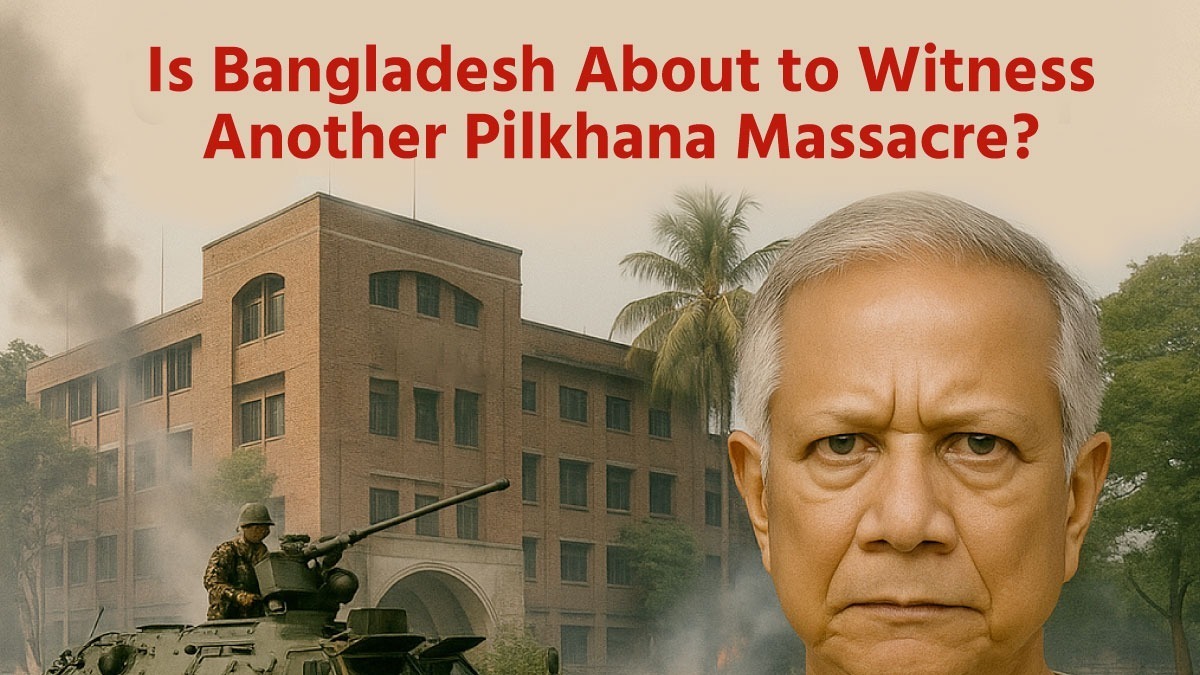On January 6, 2009, Sheikh Hasina took oath as Prime Minister for the second time. Just one and a half months later, the Pilkhana Massacre took place. On February 25 of that year, a mutiny by members of the Bangladesh Rifles (BDR) stationed in Pilkhana, Dhaka, led to the killing of 57 army officers and at least 74 people in total. In the wake of this brutal massacre, 850 people were charged, and the Bangladesh Rifles was dissolved.
In the murder case that followed, the High Court sentenced 139 people to death, 185 to life imprisonment, and 228 to various terms. Based on the nature of their crimes, many of the accused were sent to high-security prisons.
Fast forward to 2024 — 15 years after the Pilkhana massacre:
In July–August, following a so-called student and public movement, Prime Minister Sheikh Hasina, elected for a fifth term, was forced to flee the country under an attempted assassination, and an interim government took control. Now, Dr. Muhammad Yunus and his associates are governing Bangladesh through executive power.
Since their swearing-in on August 8, several notorious criminals and militants—previously blacklisted by security forces—have been released from prison. Not only that, under the guise of the student movement, prisons have been attacked, and inmates have been forcibly freed. Taking advantage of police inaction, even some of the top criminals living abroad have returned to the country and resumed their criminal activities after release.
Amidst this chaotic climate, over 100 BDR personnel involved in the Pilkhana Massacre have started being released. After assuming power, the interim government led by Yunus has reopened judicial proceedings regarding the BDR rebellion.
Recently, at an event at the RAOWA Club in Mohakhali, Army Chief General Waker-uz-Zaman firmly stated that the Pilkhana Massacre was entirely carried out by BDR personnel, and there should be a full stop to the case—introducing any “ifs” or “buts” will only hinder the judicial process.
However, ignoring the Army Chief’s stance, the so-called kangaroo courts have been granting bail and acquittals to military-trained accused involved in the massacre—including over 50 high-profile individuals. According to various media reports, since August 5, at least 331 military-trained accused have been released.
The Families of the Martyred Officers Speak Out
Many families of the martyred army officers have expressed grave concerns over these releases, fearing for their own lives. They say a climate of fear and insecurity now surrounds both the victims’ families and key witnesses.
These families claim that the interim government has influenced the judiciary to favor the accused, overriding verdicts from both the High Court and Appellate Division. As a result, the accused are being released with ease, while appeals by victims’ families are being undermined. They allege the court is being run in an arbitrary manner by Yunus and his allies, granting bail or acquittals at will. Reopening a settled case in such a way is a blatant abuse of power.
Legal Experts and Analysts Raise Alarms
Legal and security analysts warn that the release of such high-profile, military-trained convicts is creating a dangerous precedent for both the present and future. These actions may be politically motivated, aimed at empowering a particular group. Experts fear these individuals may form armed militant or terrorist outfits to serve their own agendas—posing a major threat to national security.
Criminals are escaping justice under the protection of powerful individuals, which undermines democracy and the rule of law. This nurtures a culture of impunity and signals that even the judiciary can be manipulated at will. Public confidence in the justice system will undoubtedly decline, and the country will likely see a rise in criminal activity.
A New Pilkhana on the Horizon?
Security analysts now fear that Bangladesh may soon face another Pilkhana-style massacre. The unrestrained movements of high-profile, military-trained criminals could lead to widespread unrest. Law and order have already deteriorated significantly, and the overall situation remains unstable.
Granting these individuals freedom at such a volatile time is incredibly sensitive. These released criminals could soon become tools of political polarization, escalating tensions further. Armed clashes could erupt again—even within other armed forces, as happened in Pilkhana.





